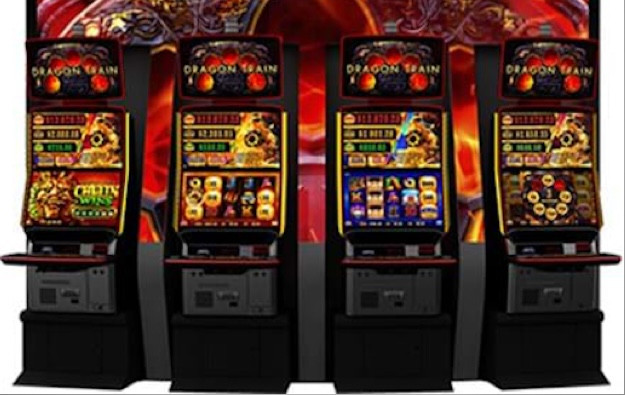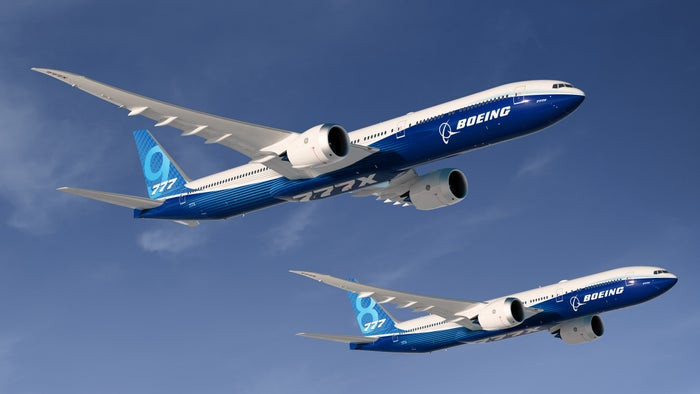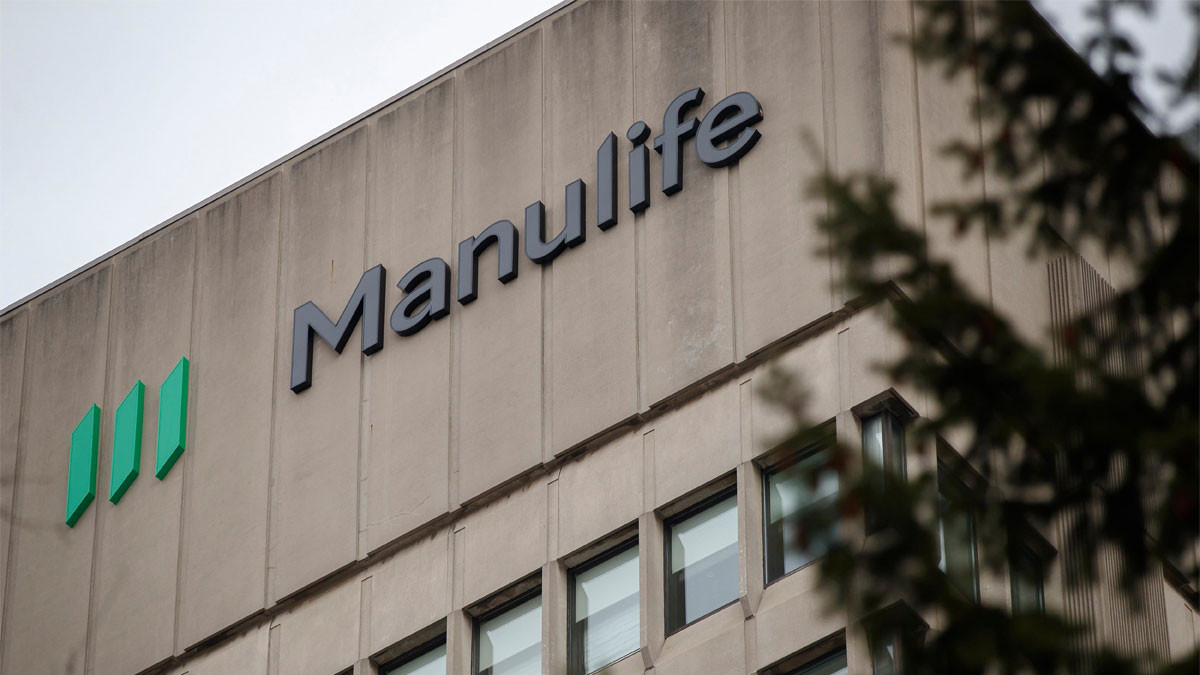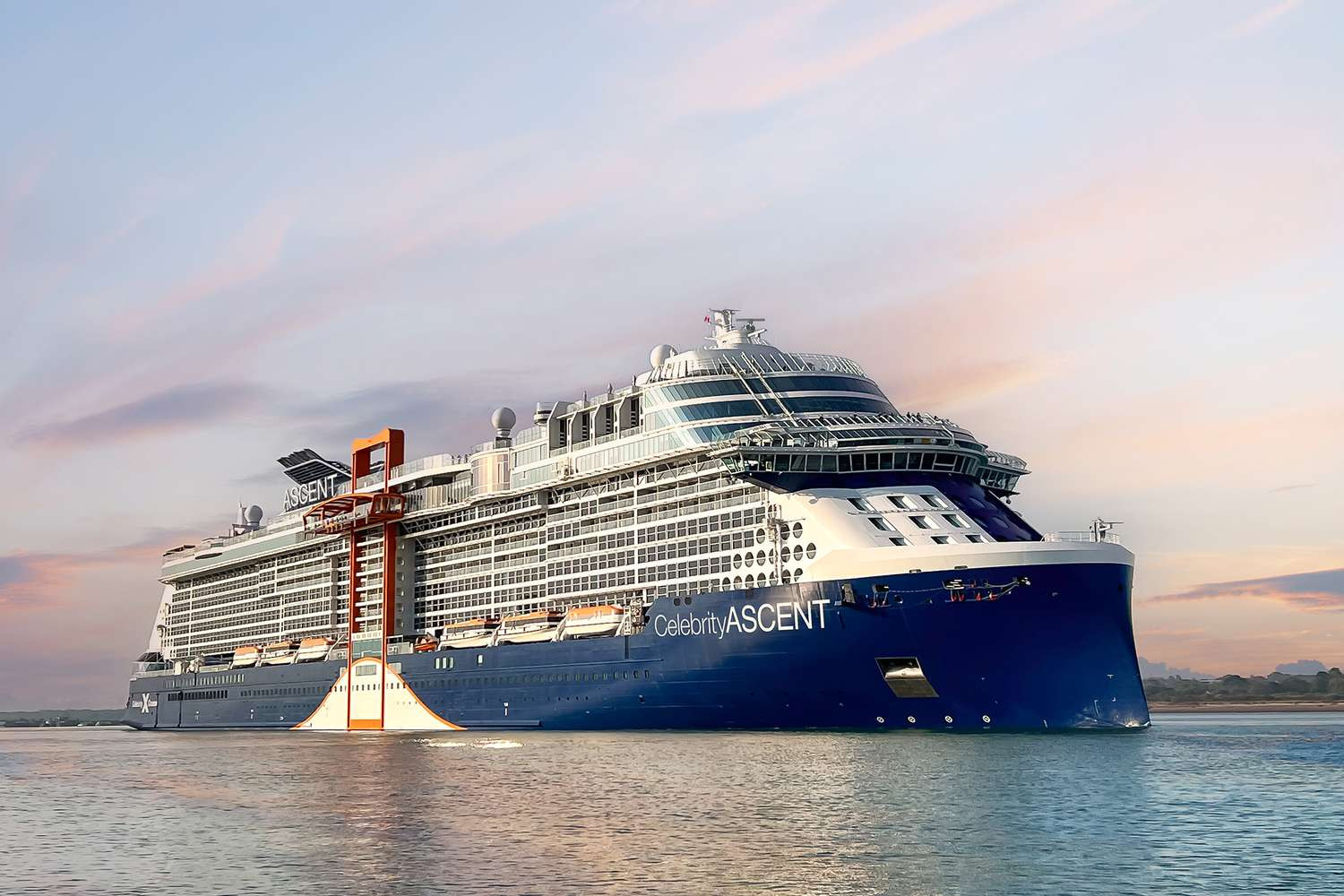Shares of gaming products and services provider Light & Wonder (NASDAQ:LNW) fell 19% in the morning session after a U.S. district court (District of Nevada) granted competitor Aristocrat a preliminary injunction relating to L&W's Dragon Train game. In this case, the preliminary injunction could prevent Light and Wonder from performing certain activities (which could include activities that affect monetization) related to the Dragon Train game. Notably, the company announced plans to work on new iterations of the Dragon Train franchise consistent with the terms of the Court's ruling.
To provide some clarity to investors about the potential impact of the ruling on its business, L&W reaffirmed its 2025 $1.4 billion adjusted EBITDA guidance. It further clarified that, pre-ruling, Dragon Train represents less than 5% of the $1.4 billion EBITDA estimate. However, Light & Wonder plans to appeal the decision, creating an air of uncertainty that the market doesn't like.
Legal Battle Over Slot Machine Design
The legal dispute stems from Aristocrat’s claims that Light & Wonder’s Dragon Train game infringes on its intellectual property. Specifically, Aristocrat alleges that the Dragon Train game is a copy of its Dragon Link and Lightning Link games. It asserts that former Aristocrat game designers, who later joined Light & Wonder, contributed to the development of Dragon Train, drawing upon their knowledge of the Dragon Link and Lightning Link designs.
Aristocrat, a gaming equipment provider based in Australia, filed a lawsuit in February 2024, alleging that Light & Wonder misappropriated its trade secrets. The lawsuit named two former Aristocrat game designers, Emma Charles and Lloyd Sefton, who reportedly worked on Dragon Link and subsequently joined Light & Wonder, where they allegedly led the development of Dragon Train.
In a ruling on September 23, 2024, U.S. District Judge Gloria Navarro granted Aristocrat's request for a preliminary injunction. The injunction prohibits Light & Wonder from “any continued or planned sale, leasing, or other commercialization of Dragon Train.”
The Impact on Light & Wonder
The ruling has had a significant impact on Light & Wonder, sending its stock price tumbling on the Nasdaq National Market. The company's stock closed at $90.71 on Tuesday, down $21.97 from the previous day.
Potential Financial Ramifications
The injunction could potentially affect Light & Wonder's revenue and earnings, as Dragon Train is estimated to generate roughly $40 million in annual revenue. However, Light & Wonder has stated that Dragon Train represents less than 5% of its 2025 adjusted EBITDA forecast.
Mitigation Strategies
Light & Wonder has indicated its plans to appeal the court's decision and to mitigate the immediate impact of the ruling. The company has a diversified portfolio of slot machine titles, and it aims to replace Dragon Train games with other premium leased games in its portfolio.
The Larger Picture
The dispute highlights the importance of intellectual property rights in the gaming industry. It also underscores the competitive landscape, where companies are aggressively vying for market share. The case serves as a reminder of the potential legal risks associated with intellectual property infringement, and it underscores the significance of protecting trade secrets and preventing competitors from gaining an unfair advantage.
Looking Ahead
The future of the Dragon Train game remains uncertain. It is unclear how long the injunction will remain in place and whether Light & Wonder will be successful in its appeal. The outcome of the legal battle could significantly impact the company's future revenue and earnings. The industry will be closely watching this case as it unfolds.
This legal battle has implications for the entire gaming industry. It raises questions about the level of intellectual property protection that companies are seeking and how it will be enforced.
The Future of Gaming Innovation
The case also raises concerns about the impact on innovation in the gaming industry.
Light & Wonder's Dragon Train game was developed with significant investment in research and development. The injunction may deter other companies from investing in similar innovations, as they fear that their intellectual property might be infringed upon.
The Takeaway
This case illustrates the complex legal landscape surrounding intellectual property protection in the gaming industry. As technology continues to evolve, and gaming experiences become more immersive and sophisticated, the lines between intellectual property infringement and legitimate innovation are likely to become increasingly blurred.
It remains to be seen how the court’s ruling will ultimately impact the gaming industry.
This case serves as a stark reminder of the importance of protecting intellectual property in a highly competitive industry. It also highlights the potential impact of legal disputes on company performance and innovation.

















